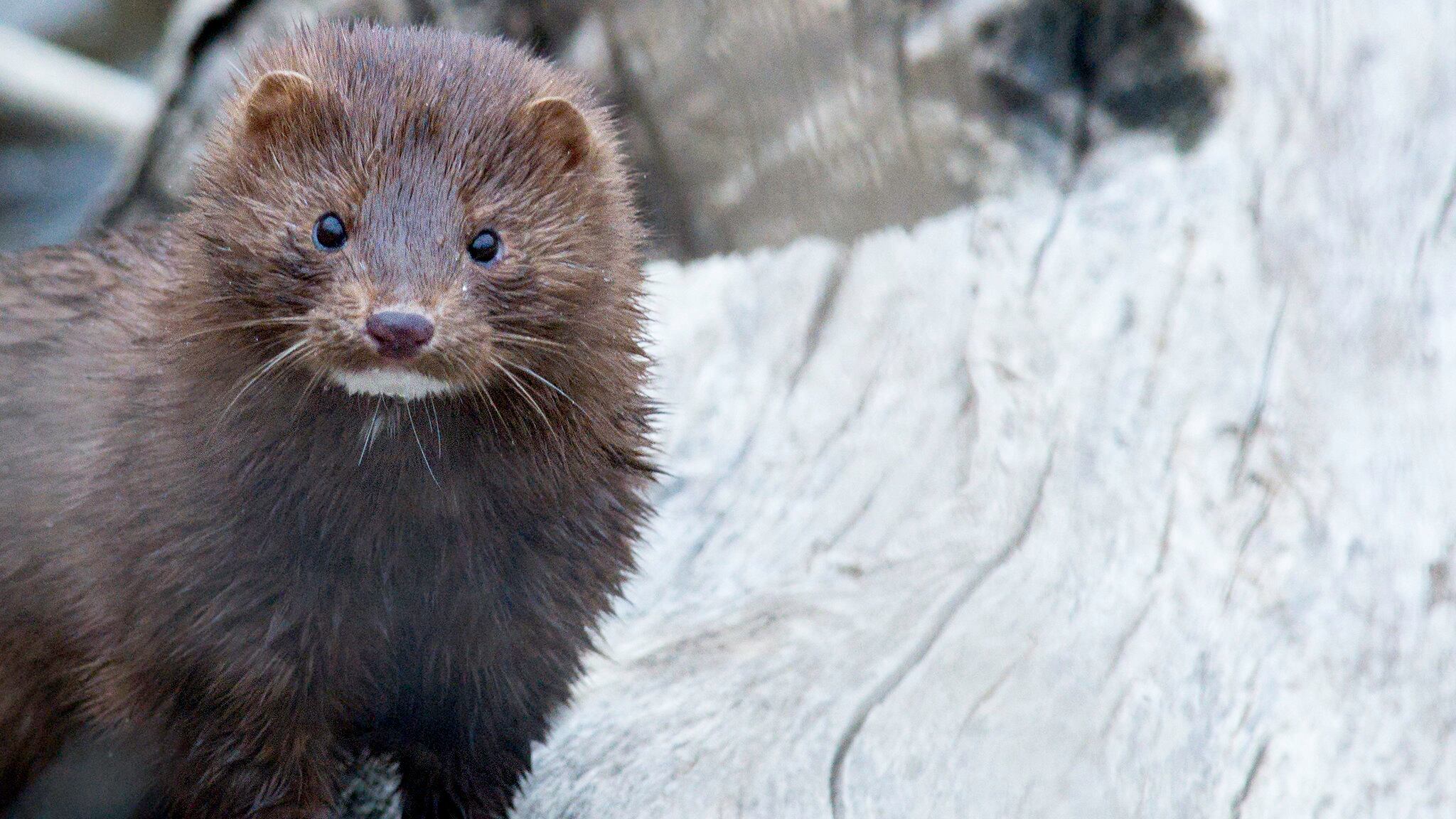In early November, officials were warned by environmental watchdogs about the possibility of a COVID-19 outbreak at Oregon's mink farms. Just a few weeks later, it happened.
The Oregon Department of Agriculture sent out a news release Friday announcing the first confirmed outbreak at a mink farm. The U.S. Department of Agriculture's National Veterinary Service Laboratory reported that a sample group of 10 mink was tested and all 10 samples came back positive.
ODA spokesperson Andrea Cantu-Schomus said she cannot disclose the location of the farm, citing medical privacy laws. However, she said, all families of the workers have been tested, and they will continually test mink on this farm as long as they need to.
"ODA will continue testing the mink on this farm seven to 10 days after the symptoms of SARS-CoV-2 resolve, and if necessary, continue testing every 14 days until no more infected mink are found," Cantu-Schomus wrote in an email. "In this case, all of the mink appear to have recovered within a few days of initially showing symptoms of infection with SARS-CoV-2, and no mortalities have been associated with the virus. The farmer is continuing to care for the mink while wearing enhanced PPE."
WW reported Nov. 13 that the Center for Biological Diversity sent an open letter to state officials urging them to take action after Denmark reported outbreaks at animal farms, and as a result had to kill millions of mink.
ODA State Veterinarian Dr. Ryan Scholz said he ordered the farmworkers to quarantine immediately after the Oregon outbreak and that the ODA was prepared for this incident.
"We have been engaged with the Oregon mink industry for some time, providing information on biosecurity to prevent the introduction of SARS-CoV-2 and were ready to respond," Scholz said in the news release. "The farmer did the right thing by self-reporting symptoms very early, and he is now cooperating with us and Oregon Health Authority in taking care of his animals and staff. So far, we have no reports of mink mortalities linked to the virus, but that could change as the virus progresses."
The Oregon Health Authority did not respond to a request for comment.
One of the main concerns the Center for Biological Diversity highlighted in its letter is the danger of the mutated strain found in Denmark's mink outbreak and how this could potentially impact vaccine efficacy.
But Cantu-Schomus said the mutated strain has not been found outside Denmark.
"CDC and USDA's National Veterinary Services Laboratories are continuing to collaborate to conduct sequencing on samples from people and animals related to affected mink farms in the United States, including Oregon. Of human and animal sequences related to U.S. mink farms analyzed to date, none contain the five mutations that define Cluster 5," she wrote. "These investigations take time and more information will be shared when it becomes available."
In response to WW's question whether other Oregon farms are being investigated at the moment or if there are plans to do so, Cantu-Schomus wrote that "ODA will continue to use guidance and strategies provided by the Centers for Disease Control and Prevention, including continued outreach to Oregon's mink industry, education for farmers and farmworkers."

